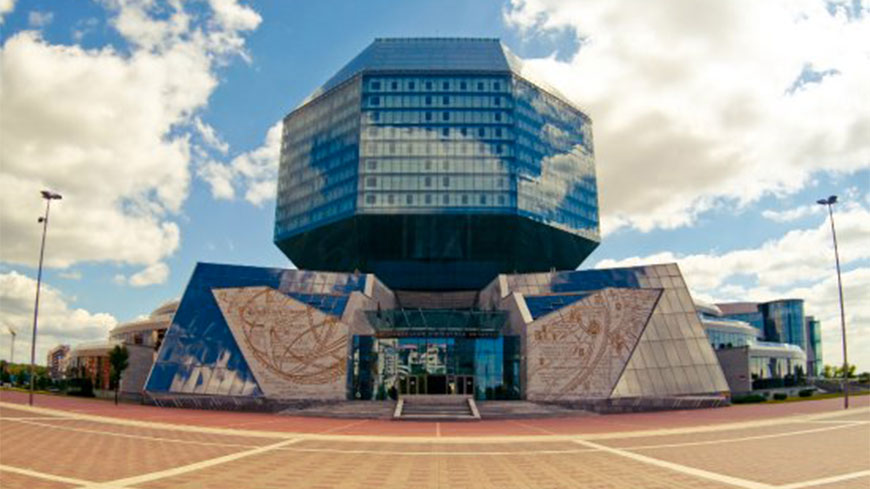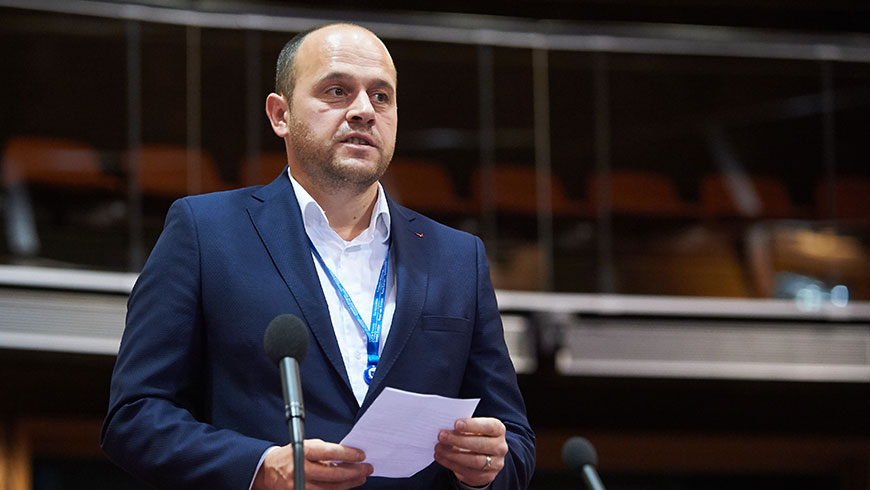At the invitation of the Belarusian authorities, the Congress of Local and Regional Authorities of the Council of Europe held a round table and several high-level meetings with the Belarusian authorities in Minsk on 11 and 12 September 2018.
The President of the Congress of Local and Regional Authorities, Gudrun MOSLER-TÖRNSTRÖM met the President of the Republic of Belarus Alexander LUKASHENKO, as well as the President of the Council of the Republic of the National Assembly Mikhail MIASNIKOVICH on 11 September 2018. She also participated in a seminar organised with students and professors from the Minsk Academy of Public Administration.
On the same day, a seminar brought together Congress members and experts to discuss the situation of local self-government in Belarus, in the light of the European Charter of Local Self-Government. It was opened by the Vice-President of the Congress, Michalis ANGELOPOULOS (Greece, SOC) and the Dean of the Academy of Public Administration, Gennady PALCHIK.
On 12 September, a round table will be devoted to these issues with a view to examining how the principles of the Charter are taken into account in Belarus' local government system, as well as their practical implementation and future prospects. The role of national associations of local authorities will be presented, in particular, by Leendert VERBEEK (Netherlands, SOC), Chairman of the Congress Monitoring Committee, and cross-border co-operation by Robert Csongor GRUMAN, Vice-President of the Congress. Participants will also discuss several local self-government issues such as the training of local government staff and twinning as a development tool.





